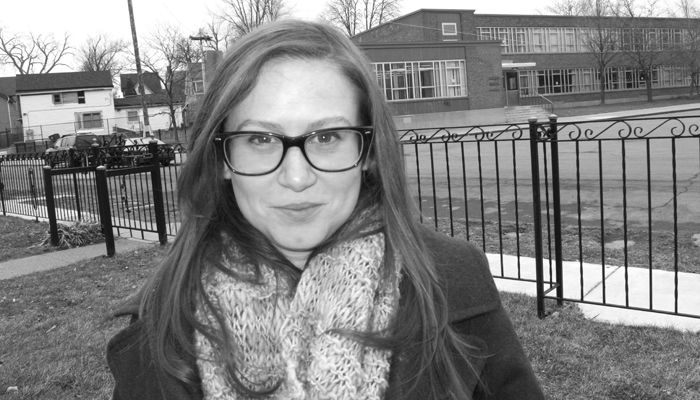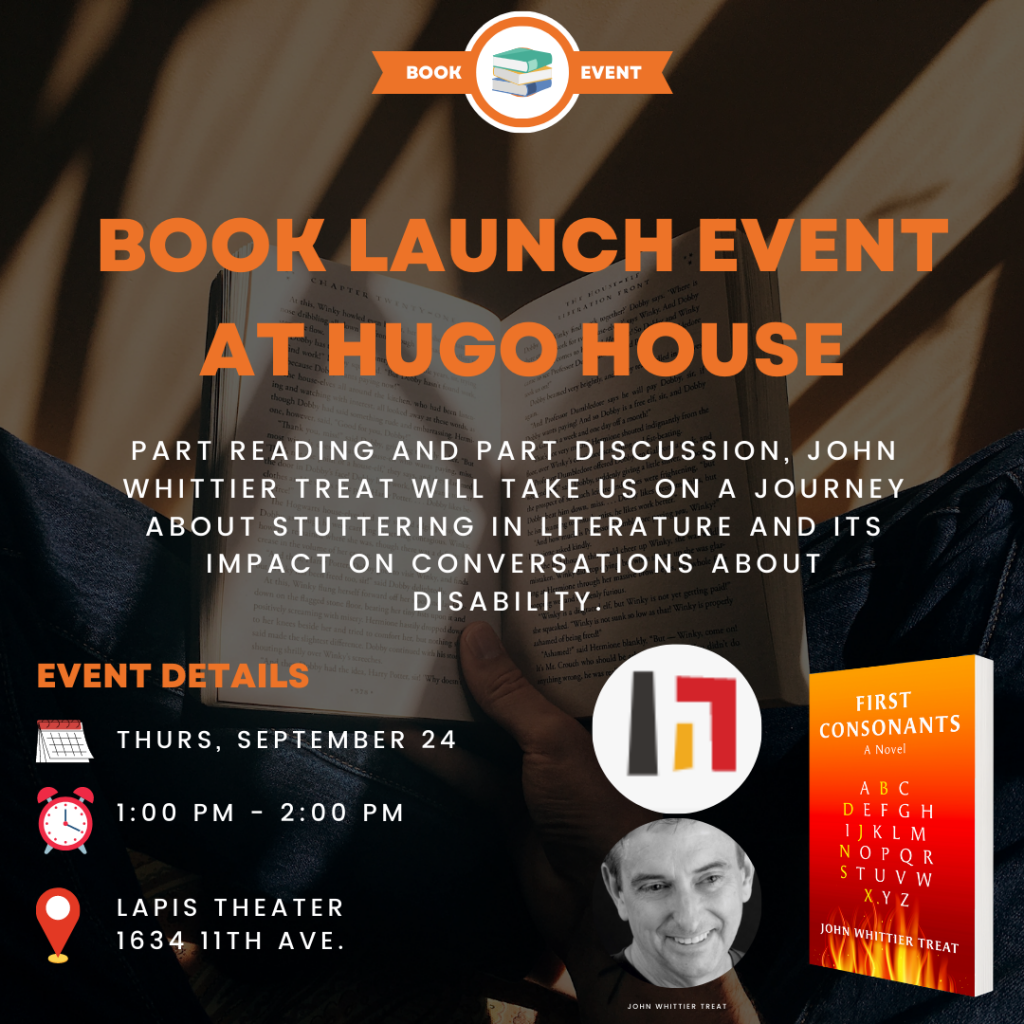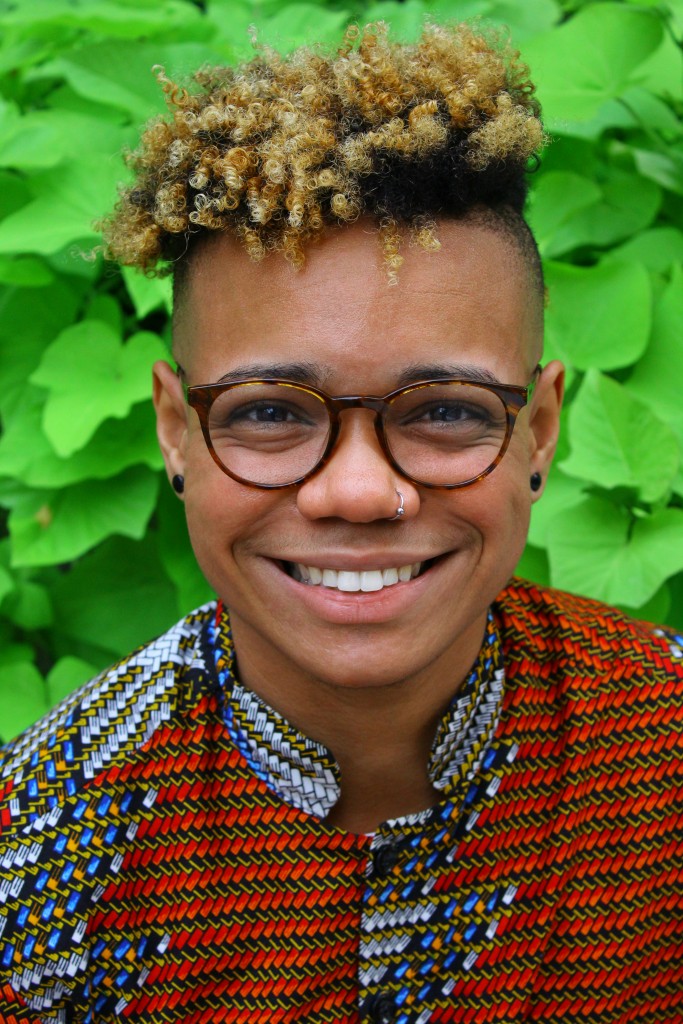This month there’s been a sudden surge of writing “Against Conceptualism.” Most notable is the piece of the same name written by Calvin Bedient, which recently appeared in the Boston Review, and was subtitled “Defending the Poetry of Affect.” As this subtitle suggests, the piece claims that while lyric poets continue to explore the nature of human emotions, for so-called conceptual writers “concept has trumped feeling.” This article of course ignores the many poets who might be labeled “conceptualists” and are working to activate new considerations of feeling through constraint, process, performance, or language-based poetry. As the recent roundup at the Poetry Foundation points out, writers of all –isms are actively questioning the nature of affect in contemporary society and in poetics specifically.
However, Bedient argues that “this cerebral poetry does its work in a period when the old assumption that culture could be progressive is dead.” For Bedient, this is a poetics ”devoted to ruins” and one that approaches those ruins by “copying, sampling, and remixing.” Not only does this imply that lyric poetry is somehow exempt from these approaches, but Bedient actually argues that so-called “conceptual” writing “diverges sharply from the disruptive-to-revolutionary aesthetic and political aims that characterized the early 20th century avant-gardes.” Though we know that Dada, feminist performance art, Pop Art, and many other schools used (and many contemporary artists still use) precisely these techniques. How might we reconsider Benjamin’s understanding of the ruins of the empire, in an effort to clarify what poetries are rewriting nationalist capitalism? Would we not put our heads and hearts to better use by considering how affect is accessed and generated by both poetic methodologies, and how the lyric stalks the conceptual and the conceptual the lyric?
Bedient and others have also argued that “conceptual” work is apolitical. But this effort to depoliticize performative or gestural poetics deeply dismays me. Given the nature of political engagement in the era of Occupy (literally the “I prefer not to” move generation), is it really progressive or productive to continue to see political action in such a narrow sense? Are not neo-confessional poets also (importantly) tracking mundanity, apathy, and the very flat affective states of daily labor in a time of endless war? In any case, generalizing about the incredible work being done by poets on the page, on the Internet, and everywhere in between seems reductionism at its best. This is also unfortunate given that a recent article of this kind was written by the exceptional Amy King, who does very important work for VIDA, which promotes gender equity in the literary arts. Under fire in both King’s and Bedient’s articles is the work of Vanessa Place, whose controversial work is resolutely focused on finding new modes for feminist poetics. What troubles me about King’s piece is that it misses the opportunity to consider larger networks of female writers experimenting with form in an effort to address violence against women.
While it perhaps seems obvious that such genrefying criticism is interested in (re)defining the avant-garde (and certainly “conceptual” writers have toyed with this claim) it seems a futile pursuit given the fallibility of periodization and canonization. More worthwhile questions are afoot. For instance, how are various communities attempting to redefine the book and contest the status of both the poet, writing, and publishing as such? What conceptual poets are redefining lyricism and affect, and what so-called lyricists are pushing conceptual paradigms past pure banality? Why might certain poetic modes speak more acutely to different communities, and what does this tell us about those communities? Even more importantly, in my opinion, I want to question how and why both of these “intentional communities” (I borrow this term from King’s piece) continue to be defined by a boys’ club mentality, and how might genrification, poetic in-fighting, and -isming perpetuate racist and sexist imbalances of power, access and compassion? Moreover, how does community, which is very different from –isming oneself, activate our affective abilities to engage with a text, and what does this tell us about the future of reading, writing and publishing? If these recent debates tell us anything, it is that we as writers, are still too quick to turn the capitalist gesture of label onto ourselves and our communities in an effort to motivate our criticism, our work, and our professional progress. But is this really all there is?
I am not interested in defending conceptual poetry, nor lyric poetry, but rather clarifying the language we use to discuss the many creative modes operating today. I am not even sure where I or others would fit my writing on this binary map. These recent articles, and the general anger towards conceptualism, “cerebral poetry” or allegedly institutionalized poetics, are certainly sourced in a kind of defensiveness of the lyric — but we would do well to take the Place’s and Goldsmith’s words as play, and to remember that play is often the root of change. Their statements are too often taken at face value, despite the fact that, the artists who spoke or wrote them, have a continuous record of incorporating their work into the meta-discourse of their work. More troubling than these quotes is the hard-lined divisions that are being drawn between the “conceptual” and the “lyric” or “affect poetry,” as though such aggressive and reactionary bifurcations are in any way progressive acts for poetry or writing in general.
Put simply, poets need each other. Writers and artists need each other. (This does not mean we have to love every work we encounter.) As a writer whose work actively seeks to disrupt notions of genre, these bifurcating gestures are familiar. As we seek to undermine other poets by arguing that their work has been absorbed or is supported by the capitalist machine, we must also remind ourselves that genre practices, and the very notion of the “avant garde,” also share a legacy with the systems we wish to disrupt. What would our poetry, our writing, and our criticism look like if we refused these revenge tactics in exchange for vulnerability, compassion and openness? Perhaps this sounds pious or idealist, but that’s only because we’ve so rarely envisioned the idea.





